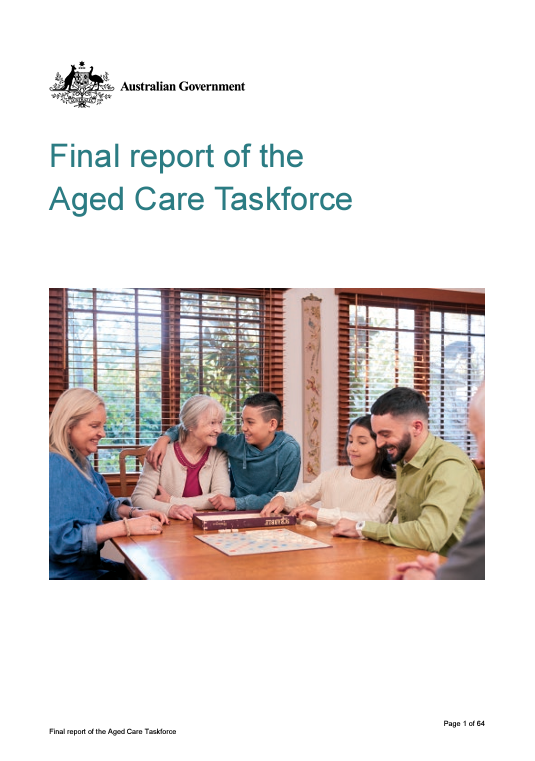The Future of Australian Aged Care: How Smart Homes Can Help
Imagine this: It's a quiet Tuesday evening. John, a sprightly 78-year-old, prepares dinner in his kitchen. Suddenly, a wave of dizziness sweeps over him. He reaches out to steady himself, but loses his balance and falls. Thankfully, John isn't alone. A smart sensor detects the fall and triggers an alert, sending immediate notification to his daughter, Sarah. Within minutes, Sarah places a call to emergency services and concurrently checks on her father’s well-being through a strategically placed smart camera.
This scenario is all too familiar for caregivers. In the wake of rising aged care costs highlighted in the recent Aged Care Taskforce Final Report presented on Tuesday 12 March, Australians are seeking sustainable, budget-friendly alternatives.
Moreover, the report predicts that the Australian population aged 65+ is projected to grow by a staggering 80% by 2050.
To add to this, proposed increases in accommodation prices and levies on refundable deposits, we ask the question, “How can traditional aged care keep up with this demand?” We strongly believe that by leveraging smart home tech, devices such as motion sensors and health monitors can mitigate concerns of safety, and health management and the need for costly institutional care. Affordable home automation and connectivity can allow seniors like John to maintain their independence and age comfortably in their own homes.
Here's how smart home technology can make a difference:
Remote monitoring and assistance
Smart home devices such as motion sensors, smart cameras, and wearable technology allow caregivers to remotely monitor the well-being of their loved ones. From detecting falls to tracking daily activities, these devices provide invaluable insights and prompt assistance when needed, reducing the need for constant (and often costly) supervision.
Home automation for convenience and safety
Automated lighting, temperature control, and door locks enhance the safety and comfort of older adults living alone. By automating routine tasks and adjusting the home environment to individual preferences, smart home technology fosters independence and reduces the risk of accidents or injuries.
Health monitoring and medication management
Smart health devices, including blood pressure monitors, medication dispensers, and telehealth platforms, enable proactive health management from the comfort of home. Real-time health data and medication reminders help seniors stay on track with their healthcare regimen, potentially minimising the need for frequent medical interventions and hospitalisations.
Social connection and mental well-being
Smart home technology facilitates social engagement and connectivity, combating loneliness and isolation among older adults. Video calling platforms, social media apps, and voice-activated assistants enable seniors to stay connected with family and friends, fostering a sense of belonging and mental stimulation.
How Homeable can help
Our goal is to enhance the quality of life for older Australians by creating smart home solutions that prioritise safety, dignity, and autonomy, allowing them to live in their own homes for as long as possible.
We provide:
Expert Advice: Our team of specialists can help you identify the most suitable smart home devices and systems to meet your specific needs and budget.
Seamless Installation: We partner with qualified technicians to ensure a smooth and stress-free installation process for your smart home system.
Ongoing Support: We offer ongoing support to ensure you get the most out of your smart home technology, providing guidance and troubleshooting as needed.
Embrace the future of aged care with Homeable. Contact us today to learn more about how smart home technology can empower you or your loved one to live a safe, independent, and fulfilling life.



